 I’ve been observing many of the posts in response to my first “rantings,” as well as many of the statements surrounding the “fiscal cliff legislation” recently. The church’s responsibility in helping the poor has been mentioned quite frequently, and usually as an argument against any type of government assistance. I now want to address the church’s responsibility versus the governments.
I’ve been observing many of the posts in response to my first “rantings,” as well as many of the statements surrounding the “fiscal cliff legislation” recently. The church’s responsibility in helping the poor has been mentioned quite frequently, and usually as an argument against any type of government assistance. I now want to address the church’s responsibility versus the governments.
In a perfect world the church would/should have a great impact on helping poor, needy and vulnerable peoples. However if you can believe that the church, any church, or the collective CHURCH can sustain and take on the scope of the need then I’m convinced you don’t know how vast the need is. If every church and denomination did their part it would help…but food boxes and clothing drives are not enough. There is rent, utilities, gas, transportation and healthcare. Is it possible for a church to give free healthcare? To everyone in the community that is below poverty level? Go to the large cities and just look at the homeless population. The only entity large enough to take care of this problem is the government.
Oh and let’s not forget rural communities. When jobs are gone, crops die, where is the church going to get the resources to help the poor? People actually have to give money to a church before the church can help. Who is going to pay the church’s expenses? If everyone gave to the church, then they could afford to help more…SO tell how do we enforce that everyone give to churches? What if the area the church is located in is so poor there is no money to give? Also, not every person that is in need is a believer…should people be forced to go to churches for assistance if they are an atheist? Or do we not want to feed atheists?
Medications for mentally ill people alone is a crushing expense, many times over $1000 a month per person. The only food that many Americans’ get is from food stamps. The church I attend feeds 400 people a month with food boxes. This is not fully feeding them, but it is assistance. The church has 50 members, so what we are doing is a big deal for us. We have rummage sales several times a year and instead of charging for the items, we give them away. I hope this helps but it is but a small drop in the ocean of need.
Another option is the government could utilize churches to funnel the money through (wouldn’t that be a mess?!). We could make it compulsory that ALL churches HAVE to function in this way….here in America?! Yeah right, the state telling the church what to do. That would end in a not-so-holy-war.
The government has to have the bulk of the responsibility of helping its most vulnerable citizens. What is a government responsible for? Most everyone believes that natural disasters demand government intervention. We will help bail out huge corporations. But everyone gets bent out of shape when we talk about putting ourselves out for the poor, disabled, (physically and mentally, and developmentally) sick, elderly, and children. Help Wall Street but not people. It makes me sick…
“Rantings of a Mad Woman” is a column written for CDA anonymously. Mad Woman is a Charismatic Evangelical Christian baby-boomer, white, educated woman who is also a social worker of 15 years and county director of a large social services company (NOTE: we point out the demographics to break any stereotypes that may usually be associated with these sorts of “rantings”). She is also a pastor and pastor’s wife who tells it like she sees it. Facebook.com/rantingsofamadwoman – @Ranting_Woman





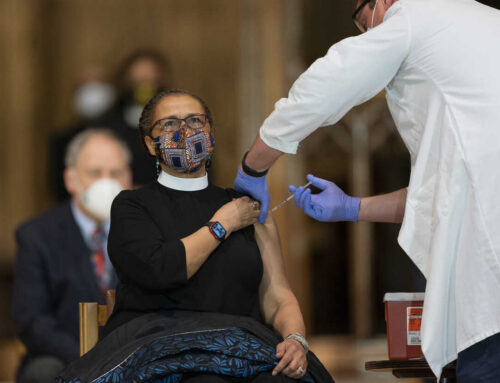



















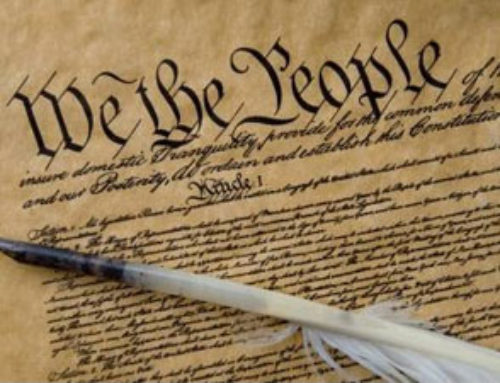

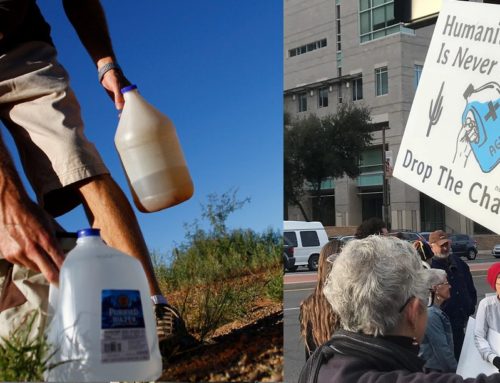

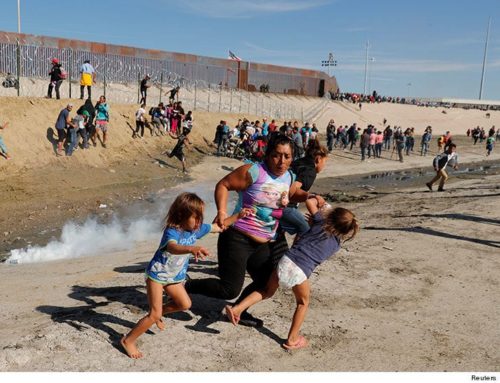
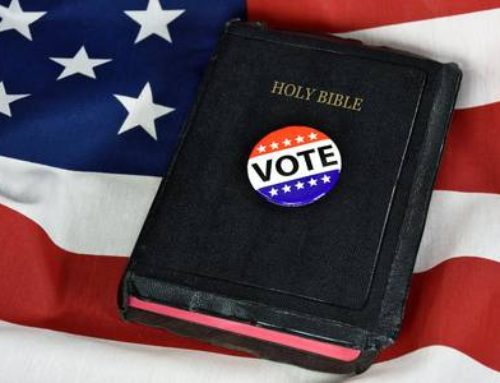

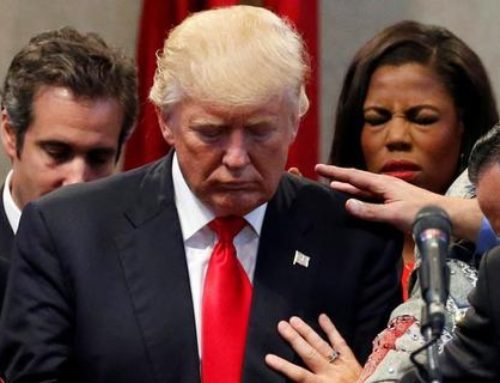
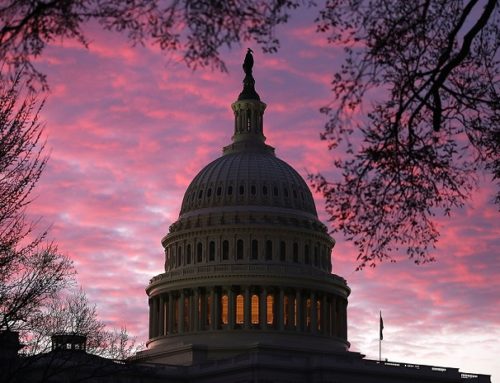














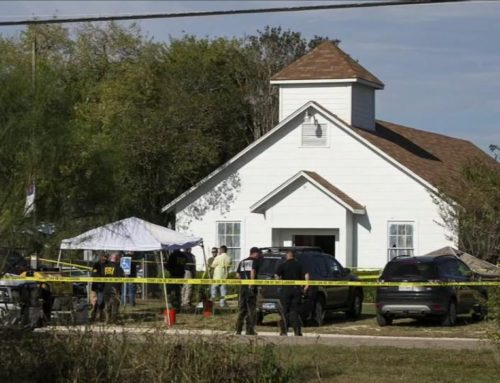

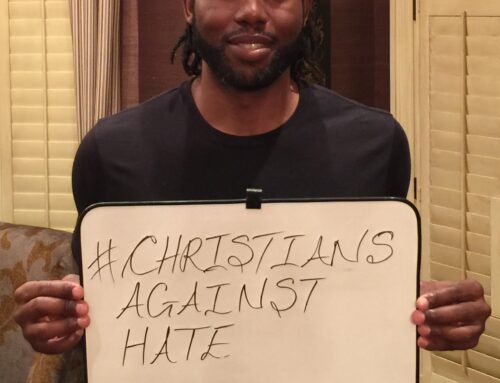



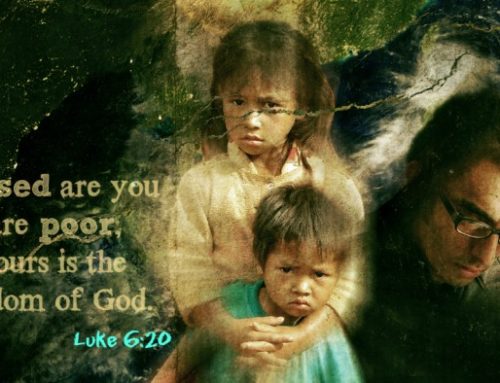
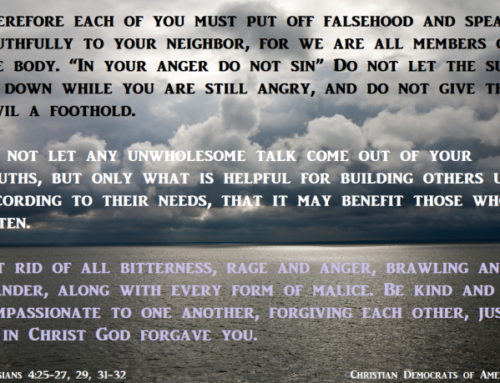
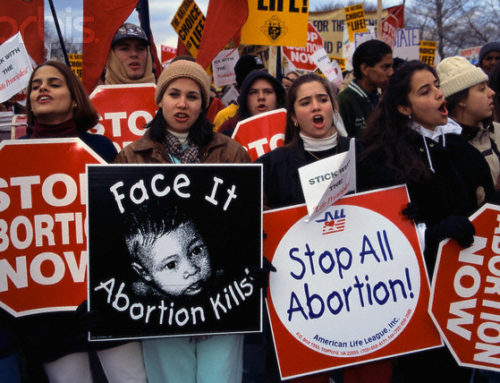
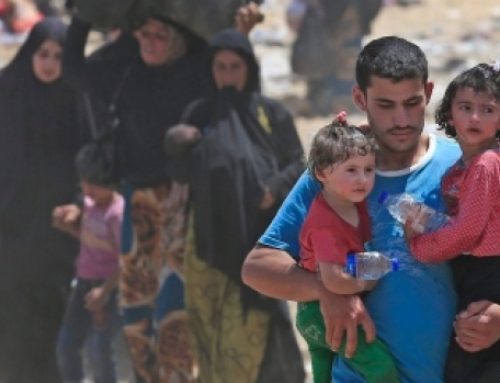





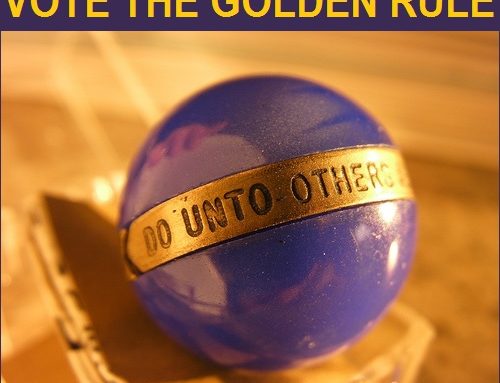
The argument that it is the church’s responsibility is not only ignorant, but what I believe is just a cover for them not wanting to period. The mentality that “those” people don’t deserve my hard earned money. Selfishness and greed, ah, the greatness of Capitalism.
Wow! Spot on! Awesome rant!
Perfect rant !!
so put it this way, if I receive food from the government to feed my children is it any less godly than if a church gave it to me, god is good no matter who gives it out it is god. Every good and perfect gift is from the Father of lights. Focus on the good not the source.